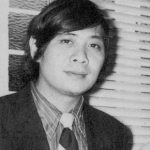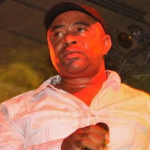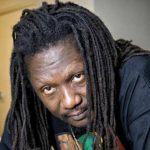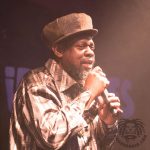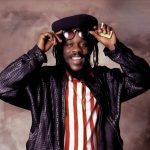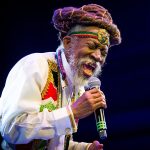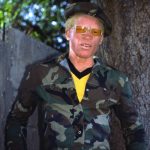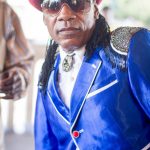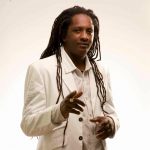Linval Thompson
The Life and Legacy of Linval Thompson
Introduction
Linval Thompson, an iconic figure in the world of reggae, has profoundly influenced the genre with his talents as a singer, songwriter, and producer. Born on October 12, 1954, in Kingston, Jamaica, Linval Roy Thompson’s contributions have transcended the boundaries of reggae subgenres, making him a revered name among reggae enthusiasts. Despite not being a household name outside reggae circles, his work has left an indelible mark on the music industry.
Early Life and Beginnings
Birth and Family Background
Born Linval Roy Thompson in Kingston, Jamaica, in 1954, Thompson spent his early years immersed in the rich musical culture of his homeland. As a teenager, he moved to Queens, New York, to join his mother. This transition marked the beginning of his musical journey.
Musical Beginnings
While in New York, Thompson wrote his first songs during high school. His passion for music soon overshadowed his engineering studies, leading him to pursue a career in the world of reggae. His initial foray into the music industry was with producer Bunny Rugs, with whom he recorded the local hit “There Is No Other Woman in This World.”
Rise to Fame
Breakthrough in Jamaica
Returning to Jamaica in 1974, Thompson recorded with notable producers like Keith Hudson and Keith “Stamma” Hobson. His unique vocal style began to capture attention with tracks like “Mama Say” and its follow-up, “Westbound Plane.”
Collaborations with Reggae Legends
Thompson’s collaborations with reggae greats, such as Augustus Pablo and Lee Perry, further solidified his reputation as a talented artist. His work at Perry’s Black Ark Studios, including contributions to the classic “Kung Fu Man,” showcased his growing influence in the reggae scene.
Linval Thompson: The Producer
Establishing His Sound
Thompson’s transition from singer to producer marked a new chapter in his career. His debut album, Don’t Cut Off Your Dreadlocks (released as Cool Down in the U.S.), produced by Bunny Lee, set the stage for his subsequent success. The 1978 album I Love Marijuana, recorded at the renowned Channel 1 studio, became a landmark in his career, attracting numerous artists eager to replicate his sound.
Contributions to Dancehall Reggae
As reggae evolved in the 1980s, Thompson embraced the new dancehall style. Alongside his former assistant Henry “Junjo” Lawes, he played a pivotal role in shaping the genre. His collaborations with Scientist, resulting in dub albums like Scientist Meets the Space Invaders and Scientist Encounters Pac Man, remain classics to this day.
The Entrepreneurial Spirit
Independent Ventures
Beyond his musical talents, Linval Thompson showcased his entrepreneurial spirit by releasing many of his vocal and dub albums independently. This autonomy allowed him to maintain creative control over his work, further cementing his legacy in the reggae world.
Real Estate and Beyond
In the mid-1980s, Thompson’s workload began to decline as the reggae industry shifted towards digital technology. Disenchanted with this new trend, he turned his attention to real estate, developing his Stony Hill property. Despite this shift, he continued to make sporadic studio appearances and reunited with longtime collaborator Robbie Shakespeare for his 1988 album Starlight.
Legacy and Influence
Reissues and Recognition
The 1990s and beyond saw a resurgence of interest in Linval Thompson’s work. Reissues from labels like Majestic Reggae, Blood and Fire, and Trojan brought his classic material back into the spotlight. These releases offered a clearer understanding of his contributions to reggae, showcasing his ability to rival contemporaries like Johnny Clarke, Horace Andy, and Cornel Campbell.
Continued Impact
Into the 21st century, Thompson has remained an active figure in reggae, making occasional concert appearances and recording dates. His 2018 double-disc compilations, Linval Presents Dub Landing, Vols. 1 and Vol. 2, highlight his enduring influence and legacy in the reggae community.
Conclusion
Linval Thompson’s journey from a young singer in Kingston to a pioneering force in reggae is a testament to his talent, creativity, and resilience. His contributions as a singer, songwriter, and producer have left a lasting impact on the genre, ensuring that his legacy will be celebrated for generations to come.


